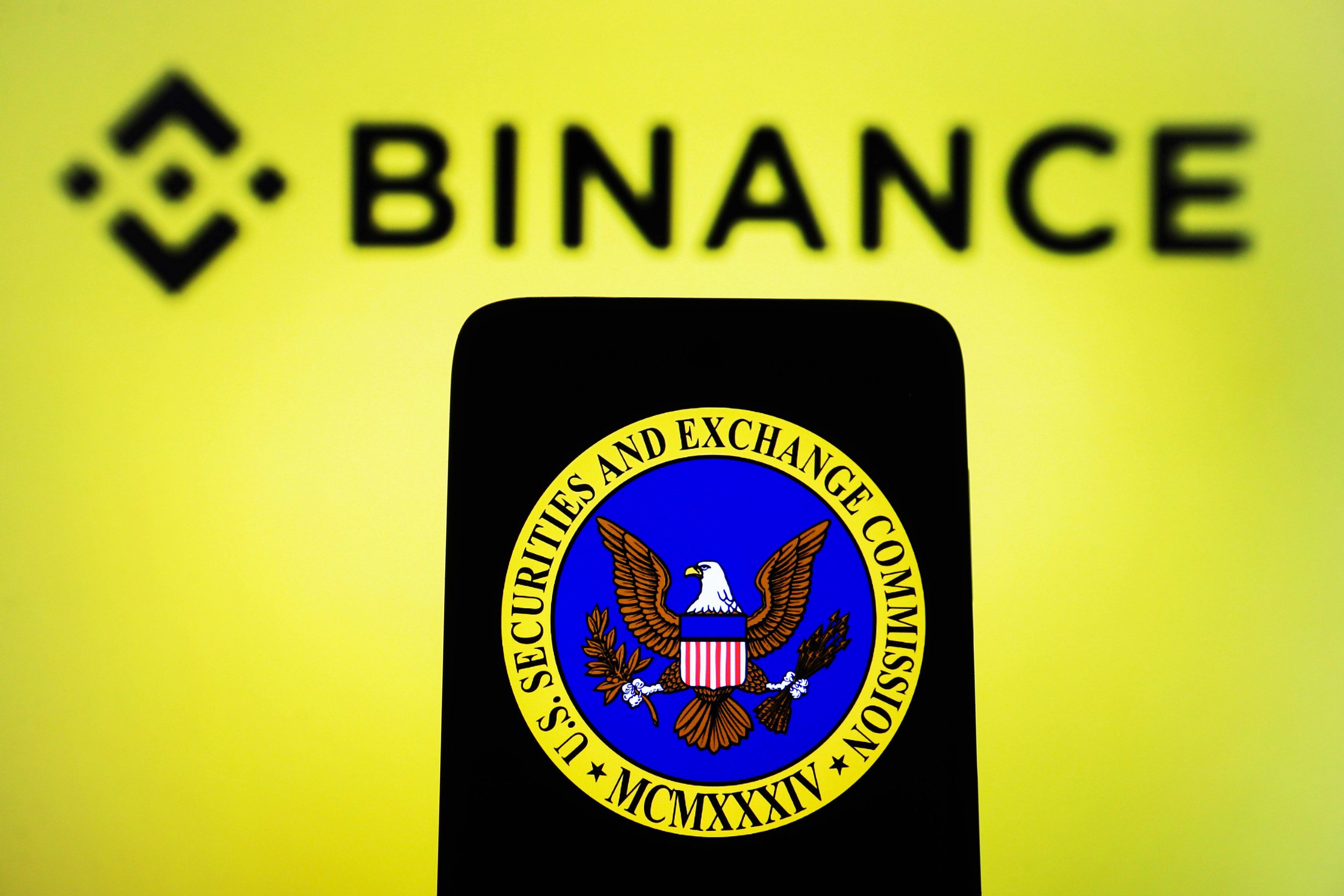

Judge Rejects SEC and Ripple’s Joint Bid to Reduce Fine and Vacate Injunction
In a striking rebuke to both a federal agency and a prominent digital asset firm, U.S. District Judge Analisa Torres has rejected a joint motion by the Securities and Exchange Commission (SEC) and Ripple Labs to finalize a reduced civil penalty and vacate a previously imposed injunction in their high-profile enforcement battle. The ruling underscores the limits of private settlement power in the face of final judicial determinations and reinforces the judiciary’s role in upholding statutory mandates — especially in cases involving violations of the federal securities laws.

SEC Backs Down on Ripple
In a major development for the cryptocurrency industry, the U.S. Securities and Exchange Commission (SEC) has ended its appeal against Ripple Labs regarding the legal status of the XRP token. This decision marks a significant shift in regulatory posture, reflecting broader changes in crypto oversight under the new administration.

SEC Amends Binance Complaint Amid Industry Criticism Over Token Classification
In a recent development, the U.S. Securities and Exchange Commission (SEC) amended its complaint in the ongoing case against Binance, one of the world’s largest cryptocurrency exchanges. The SEC acknowledged that it may have caused confusion regarding its stance on whether certain digital tokens should be classified as securities. This amended filing, submitted in the District of Columbia, includes procedural adjustments and legal clarifications, reflecting an evolving enforcement strategy as the SEC seeks to address the regulatory challenges posed by digital assets.

Court Denies SEC’s Request for Disgorgement in Ripple Case: Implications for Crypto Enforcement
In a notable development for the cryptocurrency regulatory landscape, a federal court has recently denied the Securities and Exchange Commission’s (SEC) request for disgorgement of profits in its case against Ripple Labs. This ruling, issued by Judge Analisa Torres of the US District Court for the Southern District of New York on August 7, 2024, marks a significant setback for the SEC’s efforts to impose substantial financial penalties in crypto cases primarily based on registration violations.
